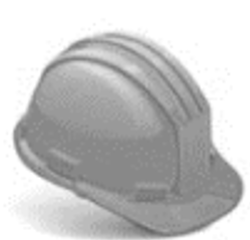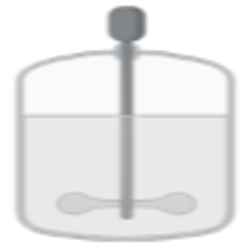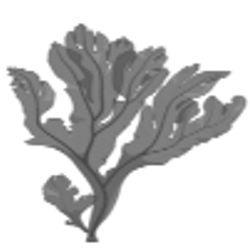about Seachem project
Training a New generation of Researchers in Offshore Seaweed Aquaculture to Produce High-value Chemicals
contact us
SeaChem Project's research and innovation objectives
The overarching aim of the SeaChem DN project is to provide high-level training in the offshore cultivation and valorization of seaweed to a new generation of 10 high-achieving doctoral candidates (DC) and equipping them with the transferable and scientific skills necessary for thriving careers in the burgeoning area of non-land-based biomass cultivation and use. This international training program, encompassing 6 intersectoral partners (5 academic, 2 non-academic) in 4 countries, focuses on innovative technological developments across a range of interdisciplinary fields such as construction engineering, materials science, (micro-)biology, (bio-)chemical engineering, environmental biotechnology and machine learning. The success of SeaChem will be achieved by a unique combination of state-of-the-art doctoral research projects, intersectoral secondments, international mobility and unique interdisciplinary courses.
SeaChem opens innovative opportunities in offshore seaweed production for the growing need for a cost-effective, renewable and sustainable production of high-end, high-value chemicals for the food, health, personal care and chemical industry. The environmental impact generated using fossil fuels for commodity chemicals production is a major societal and environmental concern, leading to a large (and ever increasing) interest in renewable and sustainable novel alternatives, utilizing biomass resources. However, the vast supply of resources that is needed to meet the demand at a large market share, remains an unsolved challenge.
Research Objectives
- Develop new, cost-effective and sustainable offshore aquaculture technologies to be integrated in pre-existing offshore infrastructure (e.g., windfarms, uncommissioned drilling rigs) in which the durability of integrated stainless-steel structures in the highly exposed marine environment will be assessed and monitored
- Develop future-proof advanced seaweed cultivation technologies by defining current and future optimal conditions for offshore seaweed aquaculture. Geo-mapping will be applied to pinpoint ideally geographical locations for optimum seaweed growth and yield
- Develop cutting-edge sustainable extraction techniques by applying intensified chemical (microwave and ultrasound) and enzymatic processes capable of recovering a large spectrum of high-value compounds, to be further used in high-end applications
Research training activities

Work Package 1
Material Development & Assessment

DC1
Host: KU Leuven (Belgium)
Strength, maintainability, and reliability of open ocean aquaculture stainless steel structures in offshore wind farms

DC2
Host: Institute de la Corosion (France)
Biofilm-induced corrosion of metal structures for aquaculture application and development of adapted corrosion sensors for optimized maintenance

DC3
Host: Antwerp Maritime Academy (Belgium)
Mapping corrosion around marine structures using corrosion sensors

DC4
Host: Institute de la Corosion (France)
Environmental Monitoring for the algae and Condition monitoring for the structures

Work Package 3
(Bio-)Chemical Conversion Technologies

DC7
Host: KU Leuven (Belgium)
Microwave- and ultrasound-assisted extraction methods for the recovery of valuable components from brown seaweed species

DC8
Host: KU Leuven (Belgium)
Enzymatic fractionation for the recovery of valuable compounds from red and green seaweed species

DC9
Host: Bantry Marine Research Station (Ireland)
Sustainable biorefinery of seaweed at pilot scale

DC10
Host: University of Copenhagen (Denmark)
Sustainability assessment brown seaweed cultivation and biorefinery systems designed according to the green chemistry principles

